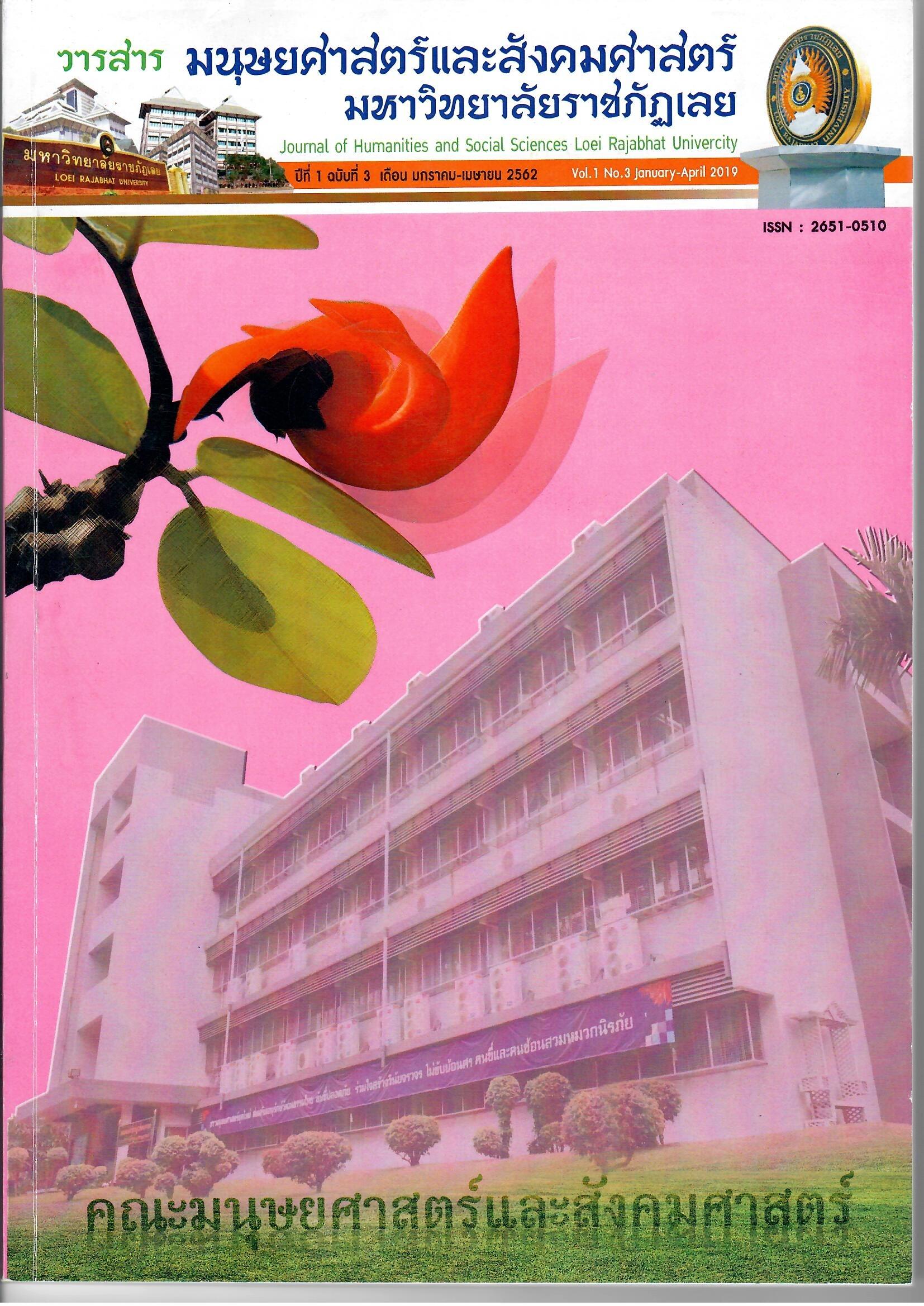Problems related to conflicts between the powers and duties of the National Counter Corruption Commission and the Administrative Court
Keywords:
National Anti-Corruption Commission, Administrative Court, Power and Authority conflict, Judicial powerAbstract
Sovereignty, according to the Separation of Powers, consists of Legislative power, Executive power, and Judicial power. Each power has to be used by different organizations. This principle is stated in the Constitution of the Kingdom of Thailand, B.E. 2560 (2017), Section 3, Paragraph 1, which states that “Sovereignty belongs to the Thai people, the King is the Head of State, and uses this power through the parliament, cabinet, and courts according to the provisions of the constitution.”
When considering the mentioned section in the constitution, it shows that the constitution has the purpose of provide each type of sovereignty to each organization without allowing any organization to be the sole authority. Independent entities such as the National Anti-Corruption Commission have mixed power. In other words, they have the authority to rule, enforce, and diagnose disputes according to the laws which they enforce. However, the National Anti-Corruption Commission is not a government organization, which is the parliament, cabinet, and courts, because the National Anti-Corruption Commission does not enforce Legislative power. Although the National Anti-Corruption Commission has the authority to enforce laws and make diagnoses, that power is not Judicial power because the National Anti-Corruption Commission is not established as a court nor does it act as a mediator in the diagnosis of the dispute. The National Anti-Corruption Commission is only a state authority to enforce the law.
The duty and enforcement of the National Anti-Corruption Commission according to the Organic Act on Counter Corruption involves the investigation and diagnosis when government officials are accused of committing an offense or are unusual wealthy, and the committee points out that government officials also commit disciplinary offenses and supervisors or authorized persons depose the accused. Moreover, there are official disciplinary punishment orders according to the investigations of the National Anti-Corruption Commission but the accused are pursued through the Administrative Court when the National Anti-Corruption Commission argues that the investigation and diagnosis are the direct use of power under the Constitution. The Administrative Court does not have the authority to judge. In this case, this is a conflict between the National Anti-Corruption Commission and the Administrative Court. Previously, the Constitution of the Kingdom of Thailand, B.E. 2540 (1997), stated that the Constitutional Court has the power to diagnose but the Constitution of the Kingdom of Thailand, B.E. 2560 (2017) did not mention this clause. Therefore, in the case of conflict between the authorities of the National Anti-Corruption Commission and the Administrative Court, the Constitutional Court no longer has the authority to diagnose. However, the constitution should have the will to assign the Administrative Court to diagnose such problems because the courts are judicial organizations which have the power to diagnose legal actions according to the constitution, Section 188, which stated that “adjudication of cases is under the power of the courts, which have to implement according to the laws and to act under the King’s monogram.”
References
พุทธศักราช 2550: ศึกษากรณี คณะกรรมการการเลือกตั้ง. คณะนิติศาสตร์ มหาวิทยาลัย
ธรรมศาสตร์.
วิษณุ วรัญญู. (2538). องค์กรของรัฐที่เป็นอิสระ. กรุงเทพมหานคร: สำนักงานกองทุนสนับสนุนการวิจัย.
พระราชบัญญัติจัดตั้งศาลปกครองและวิธีพิจารณาคดีปกครอง พ.ศ. 2542.
พระราชบัญญัติประกอบรัฐธรรมนูญว่าด้วยการป้องกันและปราบปรามการทุจริต พ.ศ.2561.
รัฐธรรมนูญแห่งราชอาณาจักรไทย พุทธศักราช 2560.
คำสั่งศาลปกครองสูงสุดที 84/2544.
คำพิพากษาศาลปกครองสูงสุดที่ ฟ.2/2558.
คำพิพากษาศาลปกครองสูงสุด ที่ อ.69/2559.
คำพิพากษาศาลปกครองสูงสุด ที่ อ.1400/2559.
คำวินิจฉัยศาลรัฐธรรมนูญที่ 2/2546.









